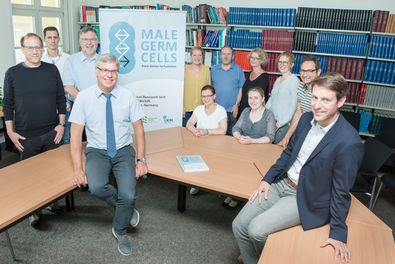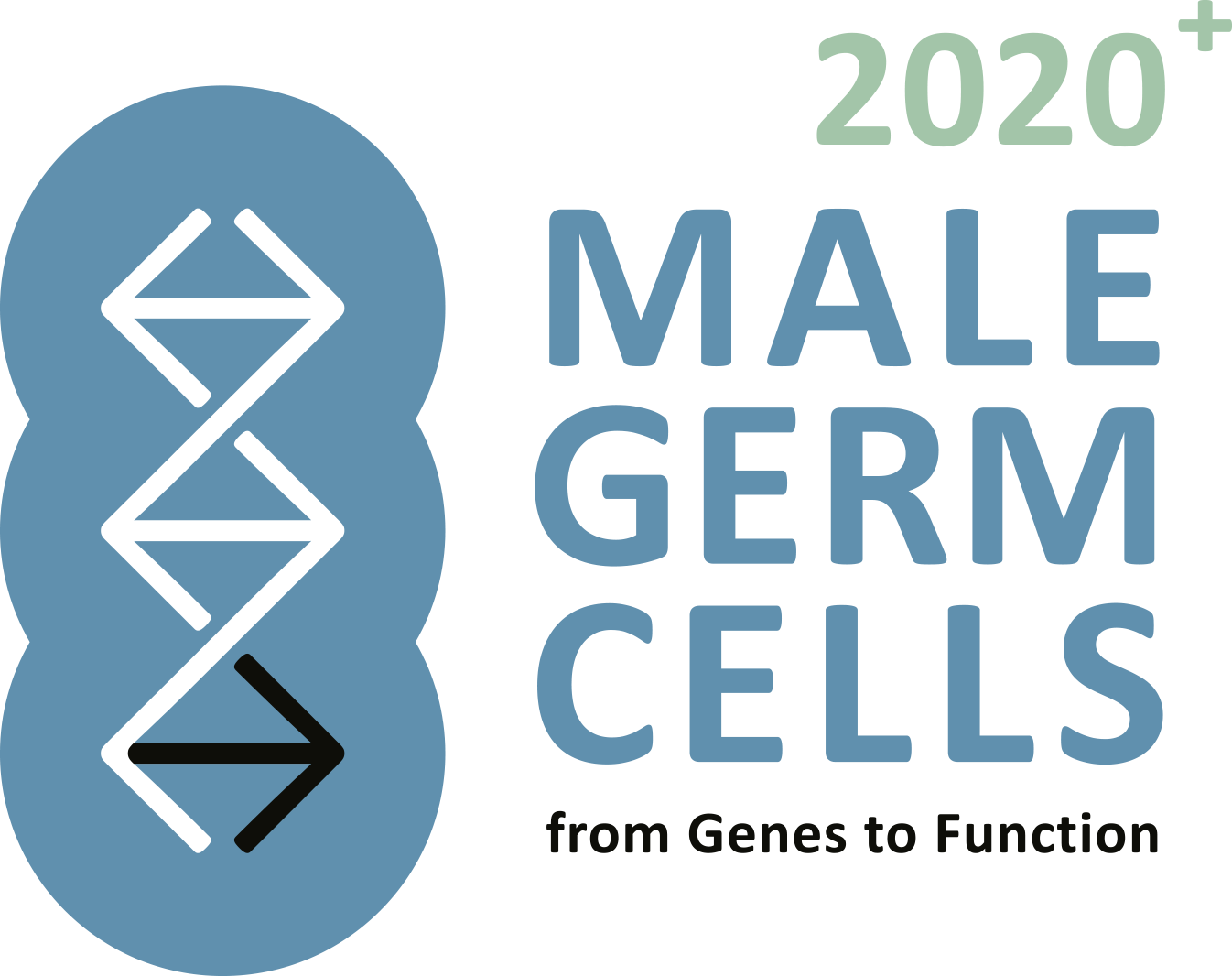Male Germ Cells: from Genes to Function - DFG Clinical Research Unit (CRU) 326



Male infertility is a genetically and clinically highly heterogeneous disease. Thus, unravelling the underlying causes and the pathophysiology is challenging and requires an integrated approach. To this end, we set up a Clinical Research Unit (CRU) that investigates in translational projects human male germ cell function from complete germ cell loss to sperm dysfunction at the genetic, epigenetic, and molecular level. In Münster, the setting to study male infertility is unique. On the campus, interdisciplinary expertise on the biology of male germ cells co-locates with major andrological, genetic, and stem cell institutions. Successful bilateral collaborations have already proven the potential for concerted basic, translational, and clinical research. However, to tap the full potential of this environment and to trigger synergies, it is required to intimately interconnect the institutions. Similarly, common animal models such as the zebrafish are still insufficiently used to gain insight into human male germ cell development und function.
To form this CRU, we joined clinical and basic research institutions that primarily study male germ cell function with institutions that primarily focus on stem cells, paediatrics, and powerful animal models. Thus, this CRU consists of the three layers basic science, a network of research projects, and clinical research. These are interconnected by the 'DNA', i.e. the concerted research on the epi-/genetics of male germ cells and the professorship of 'Reproductive Genetics'. This novel position for the designated research coordinator Frank Tüttelmann is a unique feature of a Clinical Research Unit and one cornerstone of this endeavour. It is required to successfully initiate, coordinate, and develop this CRU and, most importantly, to sustain and drive research on male fertility and reproduction as a focus of the Medical Faculty beyond this CRU.
The seven research and one core projects are tightly interlinked and address a unifying hypothesis: A wide spectrum of leading pathologies with the common denominator of male infertility share common epi-/genetic causes. Improving phenotyping by interdisciplinary evaluation of patients, interconnecting basic and clinical research, and linking clinical to genome-wide data will elucidate novel distinct pathologies and their genetic basis. To coordinate and highly crosslink all participating institutes and projects, the CRU implemented a Management Board (MB) as an essential platform to efficaciously achieve our goals.
This CRU breaks current barriers between disciplines as well as basic science and clinical research. It will overcome the classical concept of male infertility as an isolated disease and create an integrated view allowing both forward (gene to patient) and reverse (patient to gene) approaches to identify novel epi-/genetic factors and associated phenotypes that impact germ cell function. This will significantly improve the diagnostic yield in infertile male patients and, ultimately, improve patient care.


